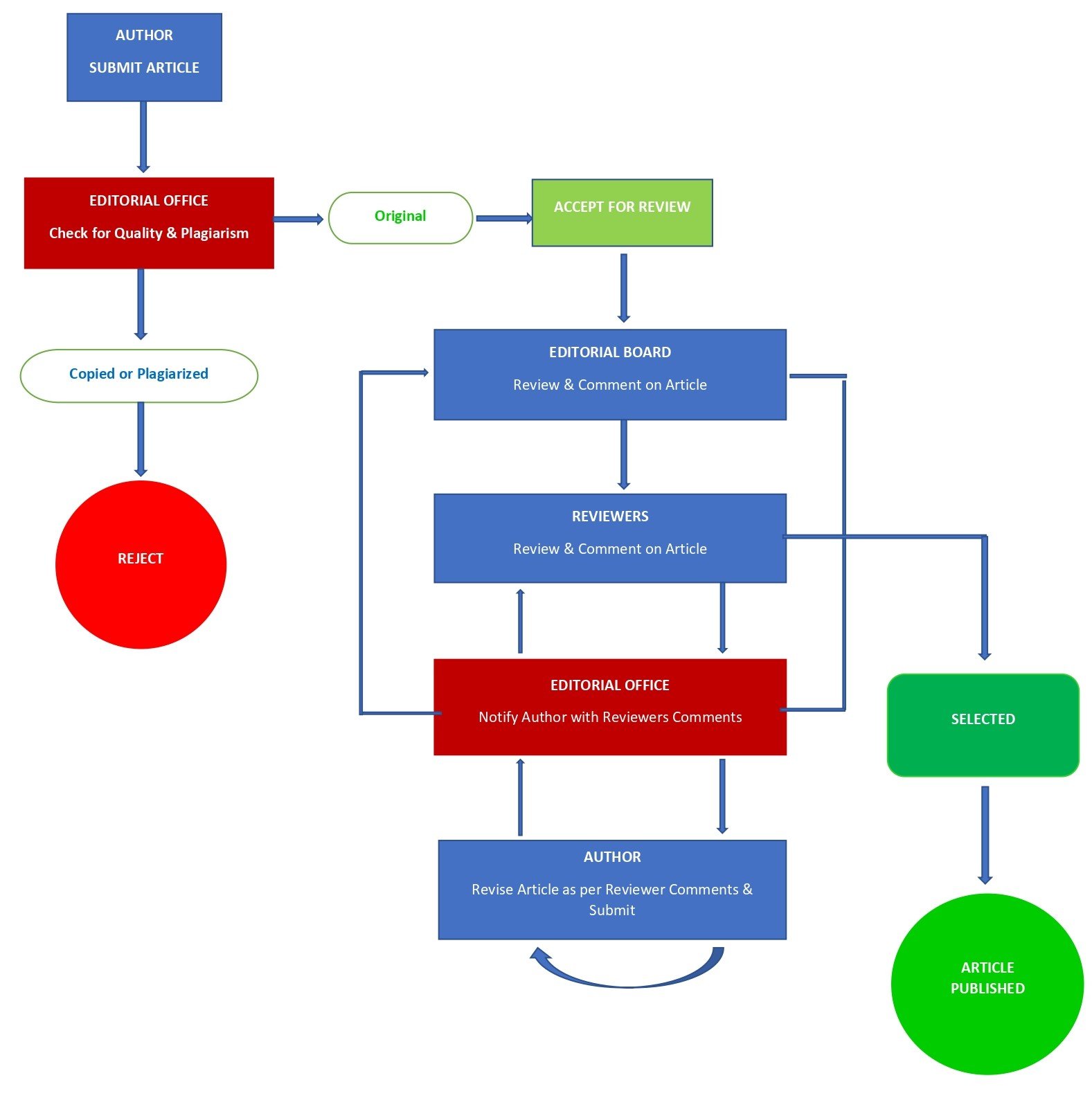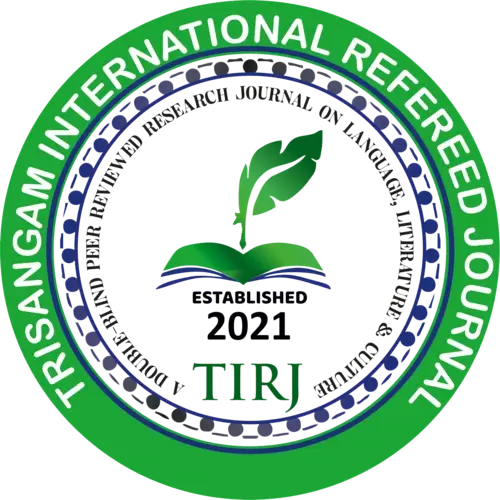Peer Review Policies
Peer review is the major quality to keep measure for any academic journal. In this process, experts in the relevant fields, analyse the scholarly work from every perception, including its writing, the accuracy of its technical content, its documentation, and its impact on and implication to the discipline.
Reviewers play a pivotal role in scholarly publishing, and their valuable opinions certify the quality of the article under thoughtfulness. Peer review helps to approve research, establishing a standard for evaluation within research communities.
TIRJ – Trisangam International Refereed Journal employs the peer review process to maintain academic standards and ensure the validity of individual works submitted for publication. Also, it follows a Double-Blinded peer review process, to ensure independent editorial decision-making.
Depending on reviewer commentary and recommendations, manuscripts may be sent back to authors for revision. After the assistant editor receives the revised manuscript, it is assigned to the reviewer(s) once again, for approval of changes. But the final decision to publish is made by the Editor-in-Chief.
This journal uses Double-Blind review, which means that both the reviewer and author identities are concealed from the reviewers, and vice versa, throughout the review process. Each issue of the journal is peer reviewed within 50 days.
To facilitate this, authors need to ensure that their manuscripts are prepared in a way that does not give away their identity.
Peer Review Process






 .
.